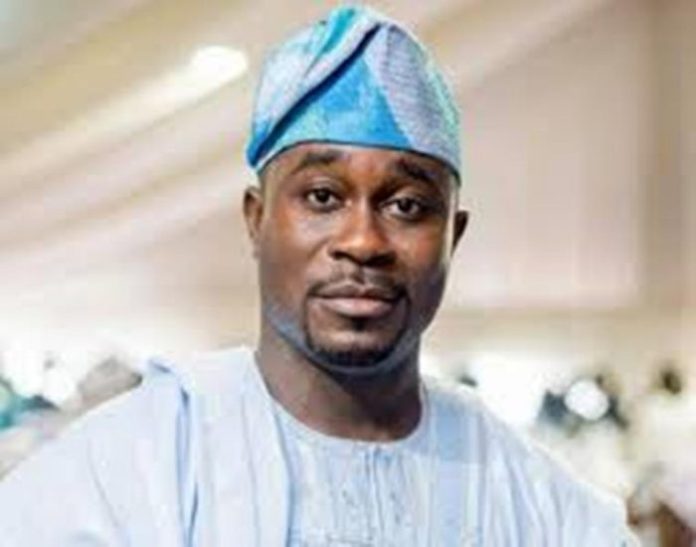The chairman of the House of Representatives Committee on Anti-Corruption, Mr Kayode Akiolu, has said that the anti-corruption campaign in the country requires strong collaboration to succeed.
Akiolu made the statement at the ongoing three-day national anti-corruption conference held in Uyo.
The News Agency of Nigeria (NAN) reports that the theme of the conference is “Fostering Collaboration in Enhancing Transparency Within Ministries, Departments and Agencies.”
He said that it was unrealistic to tackle corruption without the involvement of critical stakeholders, saying, “No single individual or agency can fight corruption successfully.”
“So, there is a need for synergy between government agencies, civil society, media, private sector and all Nigerians.
Akiolu said that through collaboration and determination, Nigeria could develop effective frameworks that would empower the public to hold their leaders accountable.
“The national assembly has shown enormous commitment in the campaign against corruption through laws, motions, oversight, among others.
“It has continued to ensure that the processes that govern public service are not just efficient, but open and transparent,” he said.
The chairman said that the anti-corruption and transparency units domiciled in government agencies and departments had not lived up to their expectations.
He identified inadequate resources, lack of capacity and political will as some of the reasons for the underperformance of anti-corruption units.
In a keynote address, Dr Mainasara Kogo, the chairman of the Code of Conduct Tribunal, said that corruption thrived in government agencies and departments due to a lack of coordination.
“There is a need to establish strong mechanisms for data sharing and joint investigations between anti-corruption agencies, financial regulatory bodies and government agencies.
“By working together, we can detect, prevent and prosecute corrupt practices more effectively.
“Anti-corruption agencies in the country need to align with the office of the Auditor-General to detect and prevent corrupt practices effectively,” he said.
Kogo further said that extant technological tools should be deployed in the campaign against corruption in the country.
He called for the automation of budgeting, procurement and contract award processes in government departments and agencies.
“This will drastically reduce human interference and ensure transparency in the handling of public funds,” he said.
The chairman also said that the roles of oversight bodies such as the National Assembly, anti-corruption agencies and the media required being reinforced.
“We must also continuously update our laws and policies to close the loopholes that enable corruption to thrive.











